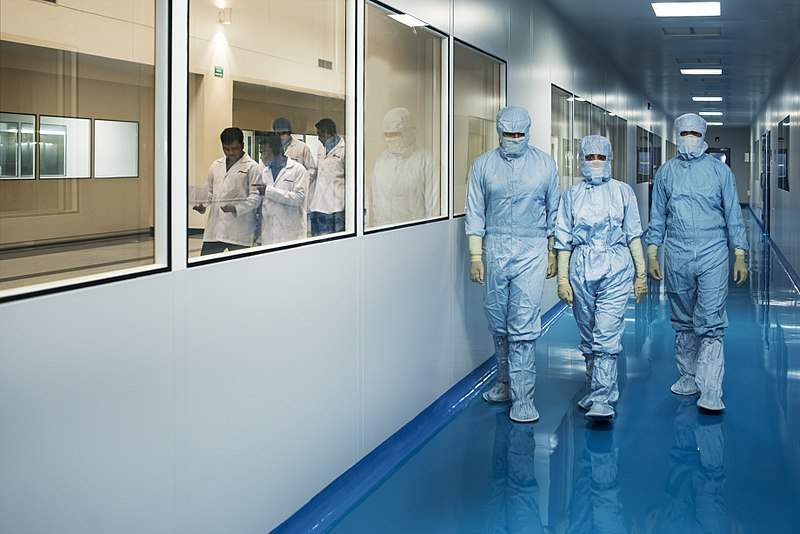An educational session (funded by a grant from Sandoz) entitled ‘Biosimilars in Hematology: Plotting the Course to Long-Term Sustainability’ at this year’s European Hematology Association (EHA) annual meeting presented evidence of the need for biosimilars to achieve sustainable healthcare innovation.
A fundamental aspect of the World Health Organization’s (WHO) and Universal Declaration of Human Rights’ ‘right to health’ consists of enabling access to essential medicines, regardless of country or social status. However, recent trends in drug development have seen the price of new medicines skyrocket, and some medicines deemed as ‘essential’ by the WHO such as Rituxan (rituximab) may become too costly for many countries, including ‘high-wealth’ countries. These trends are unlikely to wane, particularly for hematologic malignancies, for which drug developers are increasingly moving towards combination therapies to improve patient outcomes.
During the session at EHA, a discussion of the need for biosimilars and a path to sustainable care demonstrated evidence of the potentially huge cost-saving opportunities that biosimilars could provide across healthcare. A study published in May 2017 on the impact of Celltrion’s rituximab biosimilar CT-P10 in 28 European countries demonstrated that, assuming 30% price discounts and 30%, 40%, and 50% uptake at years one, two, and three respectively, Europe could save €570m over three years. Moreover, if the three best-selling cancer medicines in the world (Rituxan, Avastin, and Herceptin), which currently have combined sales of more than $20B per year, were available with a relatively low 25% price discount, a $5B per year saving could be achieved.
Evidence of potential cost savings with biosimilar use is indisputable, however it must be ensured that these are used effectively and re-invested in an efficient manner for sustainable healthcare to be achieved. In addition, the problem of increasing healthcare costs may be exacerbated if developers face loss of market share upon biosimilar availability after patent expiry of successful older products, and place premiums on newer products to compensate.
The totality of evidence required for European Medicines Agency (EMA) approval of biosimilars was also discussed, with emphasis on the bullet-proof similarity data that was required to ensure approval of Celltrion’s CT-P10 and Sandoz’ GP2013 rituximab biosimilar products. The fact that EMA- and FDA-approved biosimilars are thoroughly tested in clinical trials may ensure physician trust and positive opinion in Europe and the US, however some countries have significantly less stringent healthcare regulatory agencies. In these countries, such as India and certain South American countries, biosimilar development is less thoroughly controlled, and physicians may feel ethically obliged to prescribe more familiar but more expensive branded products.
Overall, with the rising costs of cancer care, there is a significant need to make healthcare development more sustainable, without sacrificing innovation. Biosimilars are a promising approach to re-inject money into healthcare systems without compromising patient care. With increased physician education, national schemes to improve biosimilar development worldwide, and increased confidence in the products, significant cost savings may be seen globally in the future.

US Tariffs are shifting - will you react or anticipate?
Don’t let policy changes catch you off guard. Stay proactive with real-time data and expert analysis.
By GlobalData



